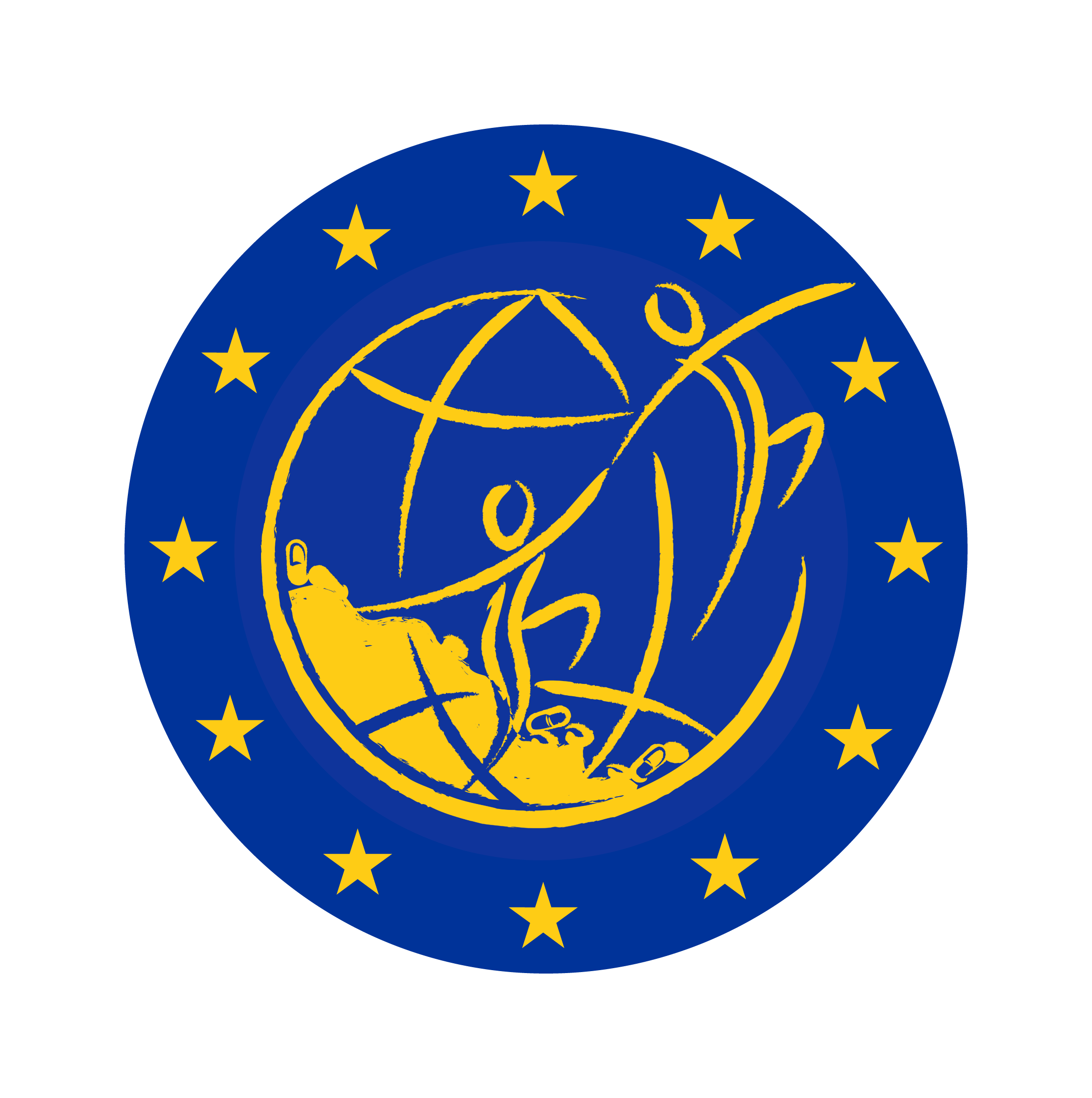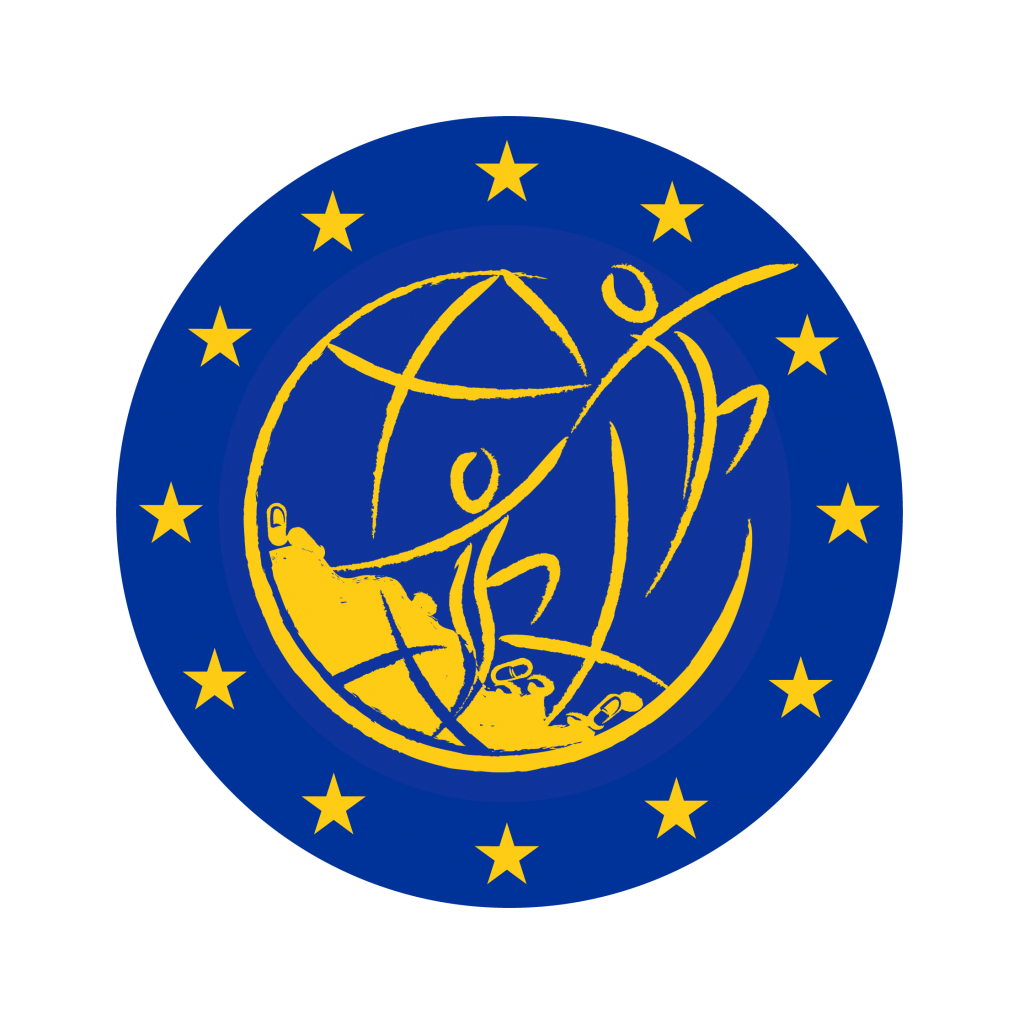The following document is a Briefing from the Think Tank of the European Parliament. It had been published on 28-09-2021. The author is Katrien Luyten. The article concerns the European Union (EU).

The EU is an important market for illicit drugs, both in terms of consumption and production. An estimated 28.9 % of European adults aged 15-65 have used illicit drugs at least once in their lifetime, a majority of them being men.
Cannabis remains by far the most used drug, followed by cocaine, MDMA (ecstasy or molly) and amphetamines. Illicit drugs have been claiming an increasing number of lives in the EU since 2012, but their impact goes far beyond the harm caused by their use.
The illicit drugs market is the largest criminal market in the EU, with an estimated minimum retail value of €30 billion per year in the EU alone. Over a third of the organised crime groups active in the EU are involved in the trade in illicit drugs, which, besides generating massive criminal profits and inflicting substantial harm, incites associated violence.
Drug markets furthermore have links with wider criminal activity, including terrorism; they have a negative impact on the legal economy and communities, cause environmental damage and can fuel corruption and undermine governance.
Illicit drugs have been trafficked into and through the EU for decades, but they are also produced in the EU, for both local and global markets, as is the case of cannabis and synthetic drugs such as amphetamines. In fact, the trade in synthetic drugs in the EU is unique compared to other substances as the production of these drugs and new psychoactive substances in most cases takes place in the EU.
In 2019, around 1.1 million seizures of illicit drugs were reported in the EU-27 plus Norway, Turkey and the UK. The European drug market has been remarkably resilient to disruption caused by the coronavirus pandemic.
Although the EU Member States carry the primary responsibility for developing their drug policy and legislation, cross-border cooperation is paramount in the fight against illicit drugs.
With the problem constantly expanding in scale and complexity, the EU has been increasingly active since the early 1990s, in particular with respect to law enforcement, health-related issues and the detection and risk assessment of new psychoactive substances.
oOo
http://www.europarl.europa.eu/thinktank/en/document.html?reference=EPRS_BRI(2021)698042


